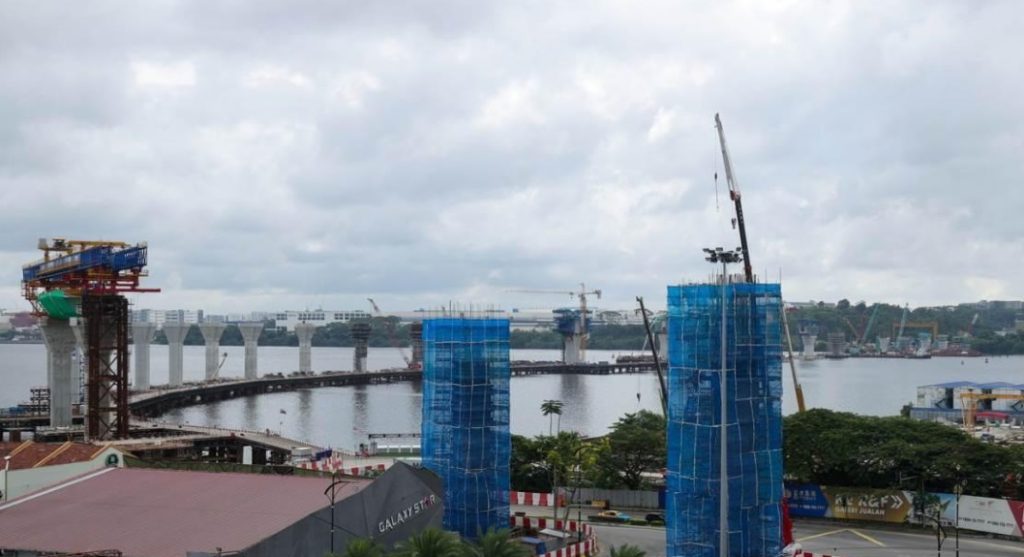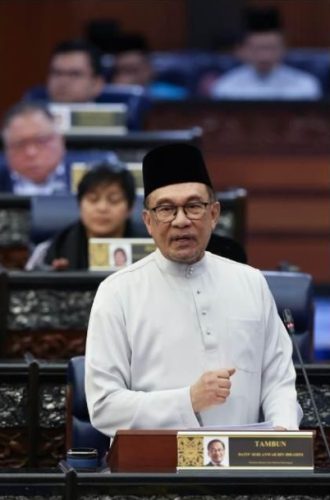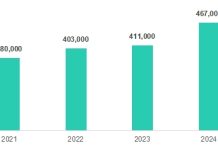
The government is taking proactive steps to ensure that the construction industry remains competitive and sustainable amid expectations of rising tender prices.
According to Prime Minister Datuk Seri Anwar Ibrahim, the government is driving major infrastructure projects to ensure the construction sector remains resilient by enhancing public-private partnerships (PPPs).
The projects include the Sarawak-Sabah Link Road Phase 2, the Pan-Borneo Highway upgrades and the data centre developments in Johor.
“These initiatives ensure that the sector stays resilient amid rising costs,” he said, adding that the construction industry is growing in tandem with the evolution of digital technology including big data and artificial intelligence (AI), which exponentially increases demand for data centres.
“Our nation’s rise in the Data Centre Cost Index – surpassing Oslo, Berlin and Sydney – demonstrates our growing leadership in this sector.
“Industry giants like Microsoft, Amazon Web Services and Google have chosen Malaysia for their data centre expansions due to our strategic location, robust infrastructure and supportive government policies,” he continued.
 Anwar belies that the relationship between construction technology and data centres will be pivotal in driving Malaysia’s leadership in both industries.
Anwar belies that the relationship between construction technology and data centres will be pivotal in driving Malaysia’s leadership in both industries.
“But as this growth accelerates so does the need for energy and water, with data centres requiring vast amounts of both to function efficiently.
“Therefore, integrating green technologies and smart energy management into data centre construction will be critical in ensuring the growth aligns with Malaysia’s commitment to the Sustainable Development Goals (SDGs) and our transition towards a low-carbon economy by 2050,” he noted.
The prime minister also added that the government will heavily invest in green building practices and low-carbon infrastructure development, further aligning the nation’s commitments to the SDGs.
He said that the sector is on the cusp of a new era in construction, wherein digitalisation, sustainability and collaboration will be key drivers of success. The sector, he added, has been recording a stellar performance of 17.3% growth for the 3 quarters of 2024.
Anwar noted that this marked the first double-digit growth the country has achieved since 2014, reflecting the industry’s capacity to overcome adversity and emerge stronger.
As a result, the sector contracted by 19.3% in 2020 and 5.1% in 2021. However, Malaysia witnessed positive growth of 5% in 2022 and 6.1% in 2023.
From there, Anwar expects the surge in construction activity will lead to more job creation, bolster domestic and foreign investment and drive infrastructure development across the country.
Additionally, the Budget 2025 that Anwar announced presents the construction sector with more prospects as it focuses on developing quality infrastructure, strengthening strategic investments and ensuring that all sectors function in an inclusive and sustainable manner.
Because of this, Malaysian Productivity Corporation (MPC) Director-General Zahid Ismail said PPPs have the capability to speed up project implementation that can directly benefit the people.
“The year 2025 will also see a greater focus on national development that focuses on the interests of the people and the provision of facilities that support industrial areas according to the state’s priorities.
“This development can be realised if the authorities improve existing procedures by shortening the approval process,” he said.














